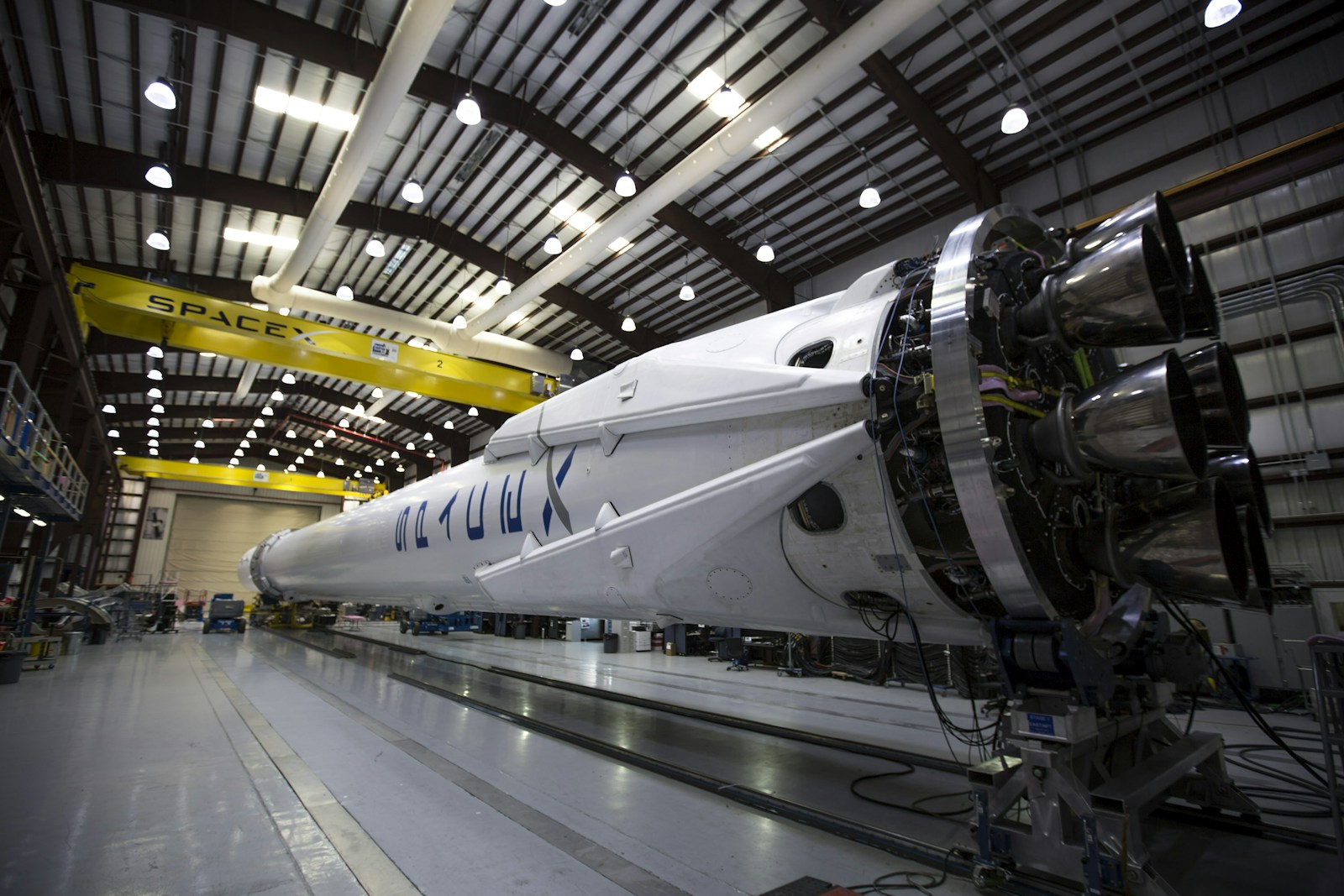
espacio

space
In Spanish, 'espacio' translates to 'space'. This could refer to physical space in a room or in the universe, the space between objects, or metaphorical space. Just as in English, it is used in a variety of contexts and can also refer to a blank part in a document, a period of time, or the capacity of a place.
Example sentences using: espacio
El universo es un espacio infinito.

The universe is an infinite space.
The term 'espacio' here is used to refer to a large, infinitely expansive area, the universe.
Voy a necesitar más espacio para mis libros.

I am going to need more space for my books.
This phrase uses 'espacio' to refer to the amount of room needed to store something, in this case, books.
¿Hay un espacio donde pueda estacionar mi coche?

Is there a space where I can park my car?
'Espacio' in this context is referring to a specific spot or place, in this case, a parking spot for a car.
La estación espacial orbita alrededor de la tierra.

The space station orbits around the earth.
In this example, 'espacio' is part of the compound noun 'estación espacial', translating directly to 'space station'.
Nosotros respetamos tu espacio personal.

We respect your personal space.
Here, 'espacio' is used in the context of social interaction referring to 'espacio personal', the literal translation for 'personal space'.
Por favor, no invadas mi espacio de trabajo.

Please, do not invade my workspace.
'Espacio' in this sentence is used to refer to a specific area designated for a specific purpose, in this case, a workspace.
Voy a necesitar espacio para pensar.

I am going to need space to think.
In this context, 'espacio' is used metaphorically. It doesn't refer to physical space, rather it suggests that the speaker needs time alone to think.
Mi gato siempre se mete en espacios pequeños.

My cat always gets into small spaces.
In this example, 'espacio' is used to refer to small areas or places where a cat can fit.
El espacio de tiempo entre las dos citas es corto.

The space of time between the two appointments is short.
The word 'espacio' in this context is used to refer to a duration of time, specifically the interval between two appointments.
El espacio entre estas dos sillas es muy pequeño.

The space between these two chairs is very small.
This phrase uses the word 'espacio' to refer to the physical amount of space or distance between two objects, in this case, two chairs.